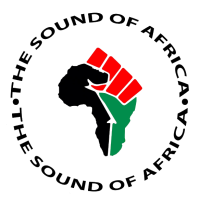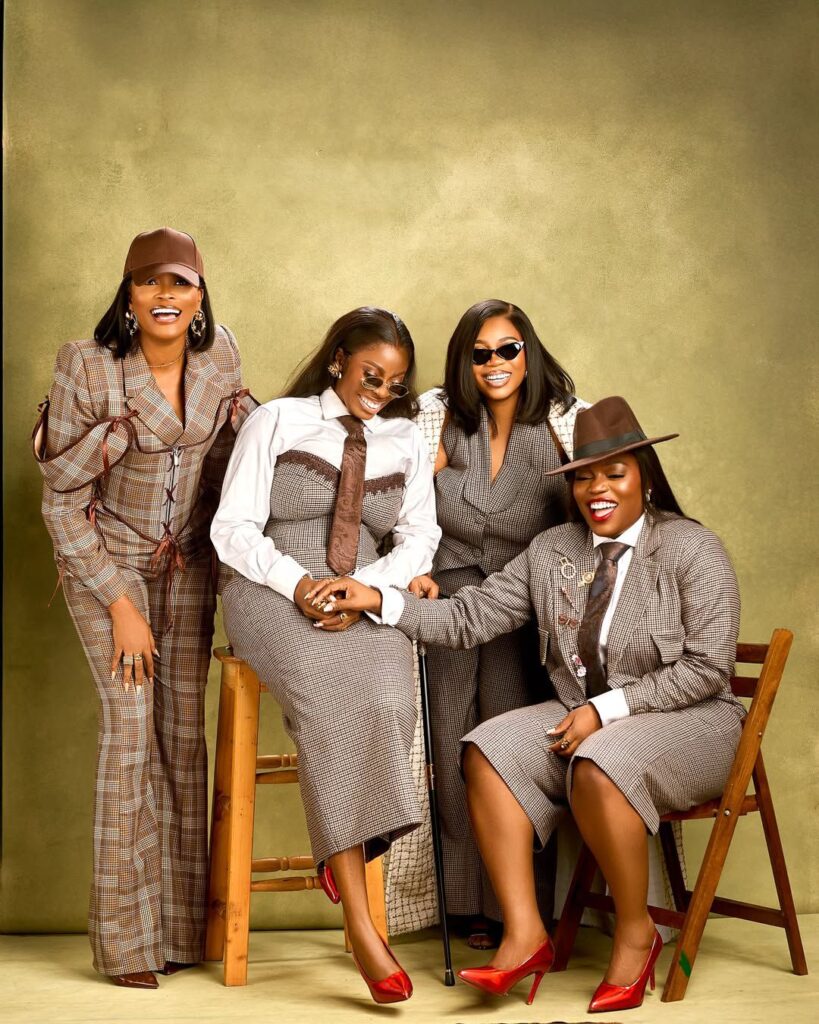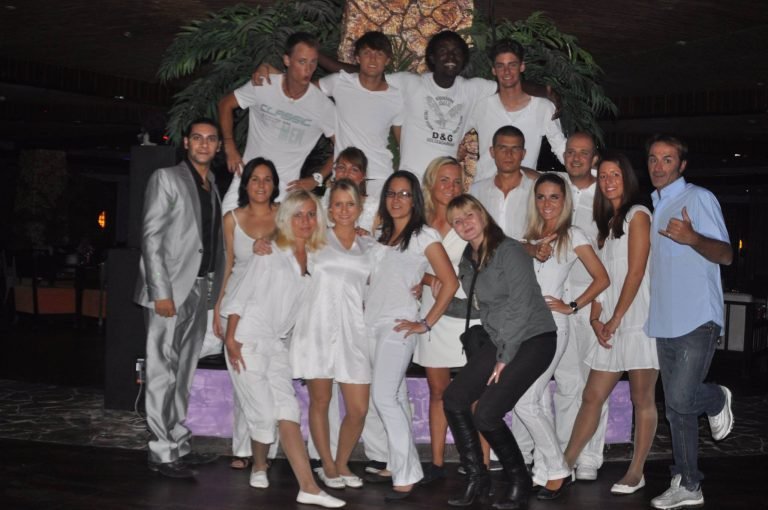Whether it’s a love story that sends the internet into collective “awwws,” a historical epic, or a heist flick, Nollywood knows how to keep people talking.
Last month was no different. From romantic sequels to cultural retellings and box-office behemoths, these five films, Love in Every Word 2, Osamede, The Herd, My Father’s Shadow, and Gingerrr, kept timelines buzzing, and critics divided.
Here’s a look at the films that dominated conversations across screens and social media.
1. Love in Every Word 2
When Love in Every Word first dropped on YouTube, it broke the internet. Ten million views in under a week.
Viewers couldn’t get enough of Chief Obiora (Uzor Arukwe), the wealthy lover who called you “my wife” after one date, and Chioma (Bam Bam), the soft-spoken romantic who melted under his affection.
In the sequel, Odogwu meets Chioma’s family, only to be told she’s “a bastard” and unfit for marriage, except, plot twist, it’s all a dream.
Uzor Arukwe remained magnetic, funny, confident, and full of charisma, while Bam Bam delivered a more mature, grounded performance as Chioma.
Love in Every Word is the kind of romantic comfort watch Nollywood does best, glossy, dramatic, and full of “awww” moments that have you rolling your eyes while secretly enjoying them.
RELATED: What Omoni Oboli’s New Movie “In the Name of Love” Shares with “Love in Every Word”
2. Osamede
In February 1897, British soldiers invaded Benin, looting artifacts and deposing the Oba. From that historical wound comes Osamede, directed by James Omokwe and produced by Lilian Olubi, a film that attempts to weave fantasy, history, and cultural reclamation into one ambitious epic.
When the King’s General, Iyase (William Benson), tries to harness a sacred stone for power, a priestess named Adaze (Tosin Adeyemi) hides it within her newborn child, Osamede.
Two decades later, Osamede (Ivie Okujaye) has grown into a restless young woman living under British rule. When an encounter with soldiers awakens her powers, she embarks on a quest to restore her people’s dignity.
Shot partly in Bini language, Osamede stood out for its authenticity and daring to celebrate indigenous storytelling. Ivie Okujaye shines as the fierce and vulnerable Osamede, embodying both defiance and destiny.
Osamede sparked crucial conversations about cultural restitution, language preservation, and how Nollywood can retell history on its own terms.
3. The Herd
Daniel Etim Effiong’s directorial debut The Herd was easily one of the most talked-about cinema releases of the year. A genre-bending drama-thriller about faith, survival, and buried secrets, the film combined powerful acting with visual mastery.
What begins as a joyous wedding quickly descends into chaos as hidden truths surface and external threats close in. The couple must navigate betrayal, danger, and the haunting question of whether love can survive fear.
It’s a Nollywood A-list ensemble: Daniel Etim Effiong, Genoveva Umeh, Kunle Remi, Norbert Young, Bolaji Ogunmola, Tina Mba, Linda Ejiofor-Suleiman, Patrick Doyle, Adedimeji Lateef, Deyemi Okanlawon, Mercy Aigbe, and Jaiye Kuti.
Beyond its suspense, The Herd is a story about faith and vulnerability, a metaphor for the pressures faced by modern Nigerians trying to hold their lives together amid chaos. Etim Effiong’s direction balances heart and horror beautifully.
ALSO READ: 10 Ways to Survive Drama on Set Without Losing Your Mind or Film
4. My Father’s Shadow
British-Nigerian filmmaker, Akinola Davies Jr. ‘s debut feature My Father’s Shadow is “that film. A nostalgic yet haunting look at fatherhood, memory, and the 1993 political turmoil in Nigeria, it was one of those rare films that made both critics and audiences pause.
Set during the June 1993 elections, two young brothers (Godwin Chimerie Egbo and Chibuike Marvelous Egbo) spend a day with their estranged father, Folarin (Sope Dirisu), as he takes them on a trip to Lagos to reclaim unpaid wages.
Along the way, the boys uncover the painful truths about adulthood, politics, and the father they thought they knew.
My Father’s Shadow premiered at the Cannes Film Festival (Un Certain Regard) and received a Caméra d’Or Special Mention, the first ever for a Nigerian film.
Sope Dirisu’s performance as Folarin is magnetic, tender yet broken. The film’s political backdrop mirrors Nigeria’s ongoing cycles of hope and disillusionment.
A triumph in every sense. Thoughtful, poetic, and visually stunning.
ALSO READ: Other Ways Nollywood Can Depict Romance Without Kissing
5. Gingerrr
5 Nigerian Films That Got the Internet Talking Last Month Read More



